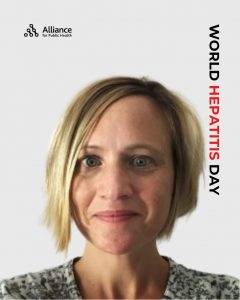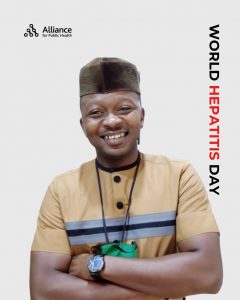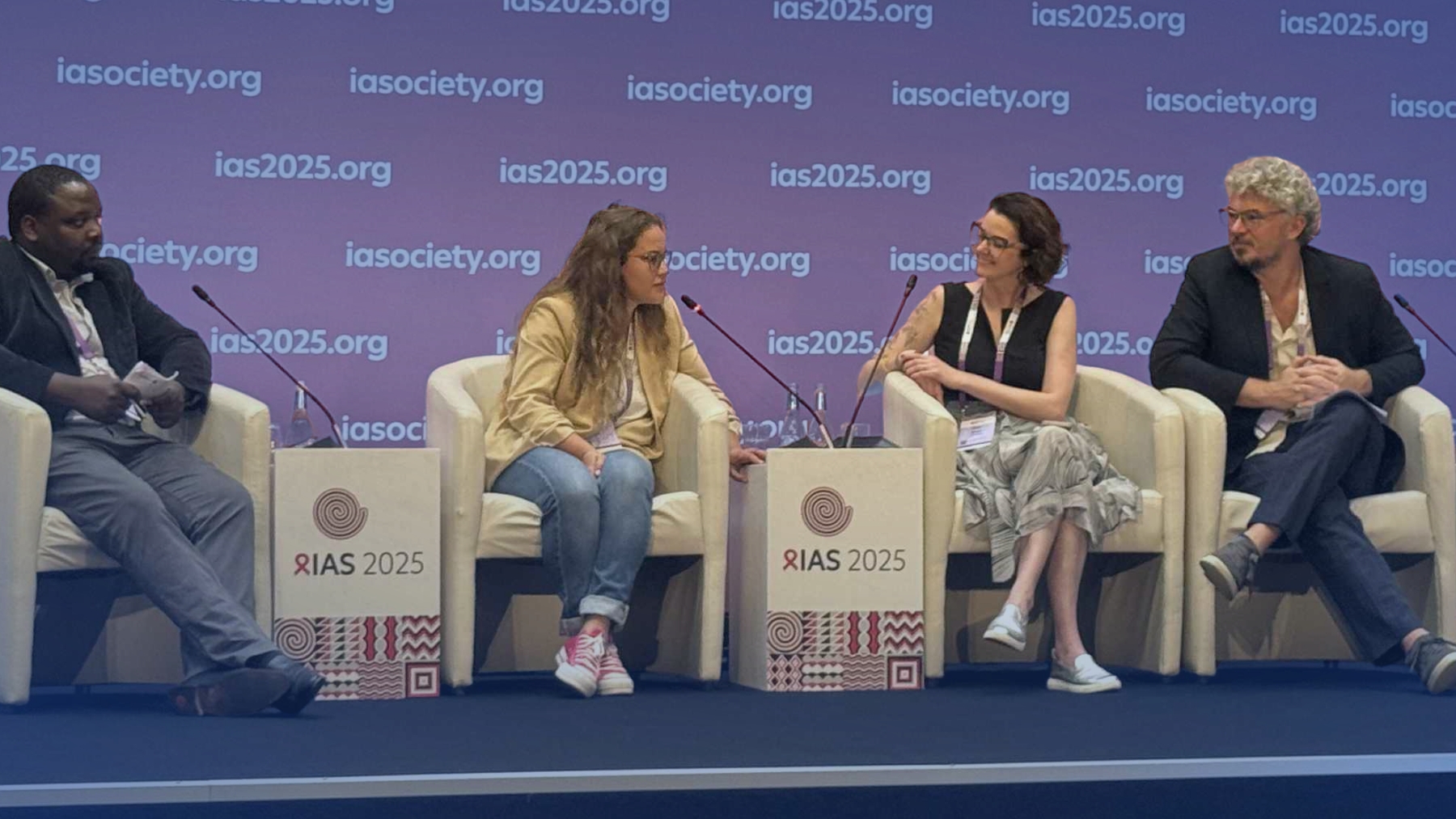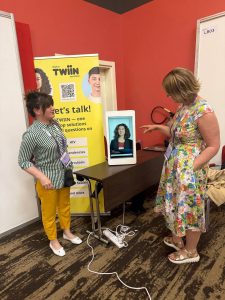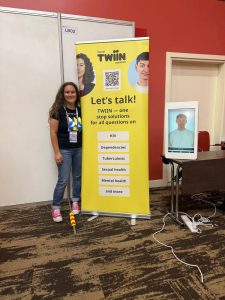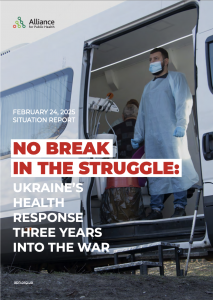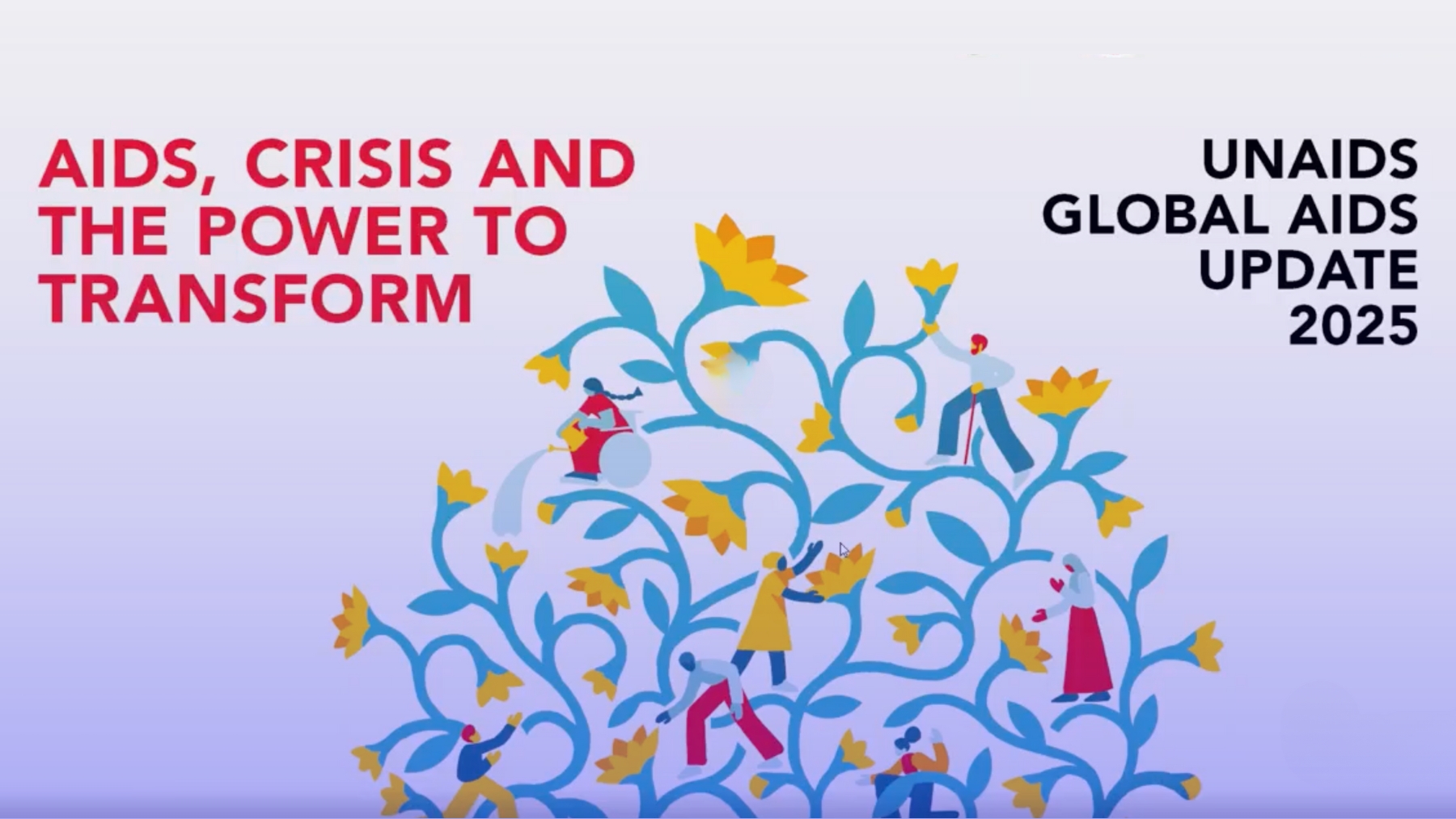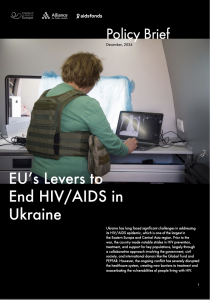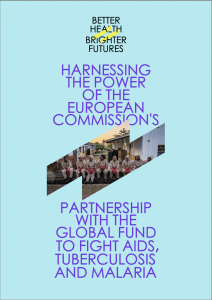UNAIDS report shows: despite crisis, the region has tools for a breakthrough — if we act together
On July 15, 2025, the Joint United Nations Programme on HIV/AIDS (UNAIDS) released its global report “AIDS, Crisis, and the Power of Transformation,” highlighting troubling trends in Eastern Europe and Central Asia (EECA) — the only region in the world where both new HIV infections and AIDS-related deaths have increased since 2010
Live broadcast recording
Key facts from the EECA region:
- New HIV infections have increased by 7% since 2010
- AIDS-related deaths have risen by 48%
- Total number of people living with HIV: 2.1 million
UNAIDS experts emphasize that the region is facing serious structural barriers: stigma against key populations, political restrictions on NGOs, and a reduction in external funding are undermining HIV prevention and treatment efforts
Prevention in crisis — but civil society refuses to give up
HIV prevention in EECA is undergoing a deep crisis. Coverage among key populations remains critically low, and new infections continue to rise
Even basic prevention services, such as oral PrEP, are still not fully reaching those in need — revealing the magnitude of the gap between access and global targets
In 34 countries of Europe and Central Asia that submitted data, only 284,846 people received PrEP at least once in the past 12 months. This remains far below the regional target of reaching 500,000 people per year by 2025
“It’s an effective and convenient prevention tool that doesn’t require daily adherence. Yet, unfortunately, not a single EECA country has been included in the Global Fund’s global lenacapavir rollout initiative. I call on the Global Fund to include our region — we must not be left out of global progress.
I also want to emphasize the importance of expanding access to more convenient forms of opioid agonist therapy, (OAT), such as extended-release depot buprenorphine — a monthly injection. These approaches are vital in EECA, where access to take-home OAT is very limited.
Initiatives like the regional iSoS project demonstrate that innovation, partnership, and community involvement are key to building a sustainable and effective response,” said Tetiana Deshko, Director: International Programs, Alliance for Public Health.
Commenting on the discussion, UNAIDS Regional Director Eamonn Murphy stressed that despite the current crisis, the region stands at a turning point — and what matters now is action:
“The HIV response in EECA is at a crossroads. Yes, we face serious challenges: declining funding, restructuring of offices, and changing donor priorities. But we have opportunities — and we must focus on them.”
He added that UNAIDS continues its efforts to maintain presence in the region and ensure that Eastern Europe and Central Asia remain a clearly visible focus. He also noted that only through joint efforts — including the strong involvement of civil society — can the HIV response remain resilient. This is not UNAIDS’ responsibility alone. Everyone must act together: civil society, regional networks — all play a key role
Community voices are loud — despite growing challenges
At the report launch, Aleksey Lakhov, Executive Director of EuroNPUD, reminded participants of a key document: “Breaking the Chains: Supporting Community Leadership and Human Rights for a Sustainable HIV Response,” prepared by the NGO delegation to the UNAIDS PCB in 2024. According to him:
“The manifesto makes it clear: without community involvement, there is no sustainable progress. Despite funding cuts, armed conflicts, and mounting pressure on civil society, communities are not giving up
Civil society organizations continue providing thousands of consultations. In Kazakhstan and Ukraine, online outreach is expanding. In Armenia, Georgia, Kyrgyzstan, and Ukraine, through a UNITAID-supported initiative, communities are co-developing services — from low dead space syringes to extended-release buprenorphine
Educational platforms like the HIV Justice Academy and ARV procurement monitoring efforts show strong community leadership. But these initiatives need three things: freedom from repression, sustainable funding, and equal participation in decision-making.”
Funding: available, but uneven and unstable
Despite substantial investments in antiretroviral therapy (ART), current regional funding will only allow for 60% of diagnosed people living with HIV to access treatment by 2030. Even with improved efficiency, coverage will not exceed 80%
ART costs vary dramatically — from $120 per patient annually in Armenia to $6,778 in Serbia. While most countries now fund treatment from domestic budgets, prevention, services for key populations, and rights-based approaches remain almost entirely dependent on international donors
UNAIDS calls for:
- expanding domestic HIV financing,
- developing sustainable national plans,
- ensuring the participation and protection of communities
Digital technologies as a driver of resilience
Amid rapid reductions in international funding, EECA countries are being forced to explore new approaches to sustaining HIV programs. The iSoS project demonstrates how innovation can provide a practical path forward — moving from traditional donor dependence to more resilient and transparent models
“With international funding shrinking, this project’s interventions provide a timely and practical response, supporting countries in the EECA region to transition toward stronger, more sustainable HIV programs by effectively bridging Web3 and Web2 technologies
Utilizing Web3 and AI tools, the initiative facilitates a shift away from traditional donor dependence toward innovative, transparent, and community-led financing models, integrated seamlessly with existing Web2 infrastructure and practices,” emphasized Keti Kobeshavilli, Project Lead at SEH
According to her, by the project’s end, several important outcomes are expected:
- successful integration and piloting of AI-powered tools to ensure continuity of services and uninterrupted access to essential HIV care — especially during crises;
- enhanced digital literacy and resilience of civil society, enabling them to use Web3 technologies to more effectively mobilize resources;
- the emergence of new, fairer, more accountable, and crisis-resilient health systems that better respond to community needs
“This intentional integration between public health systems rooted in Web2 and emerging Web3 solutions presents significant opportunities to build fairer, more accountable, and crisis-resilient health systems, ensuring sustainable impacts and ongoing responsiveness to community needs,” she added
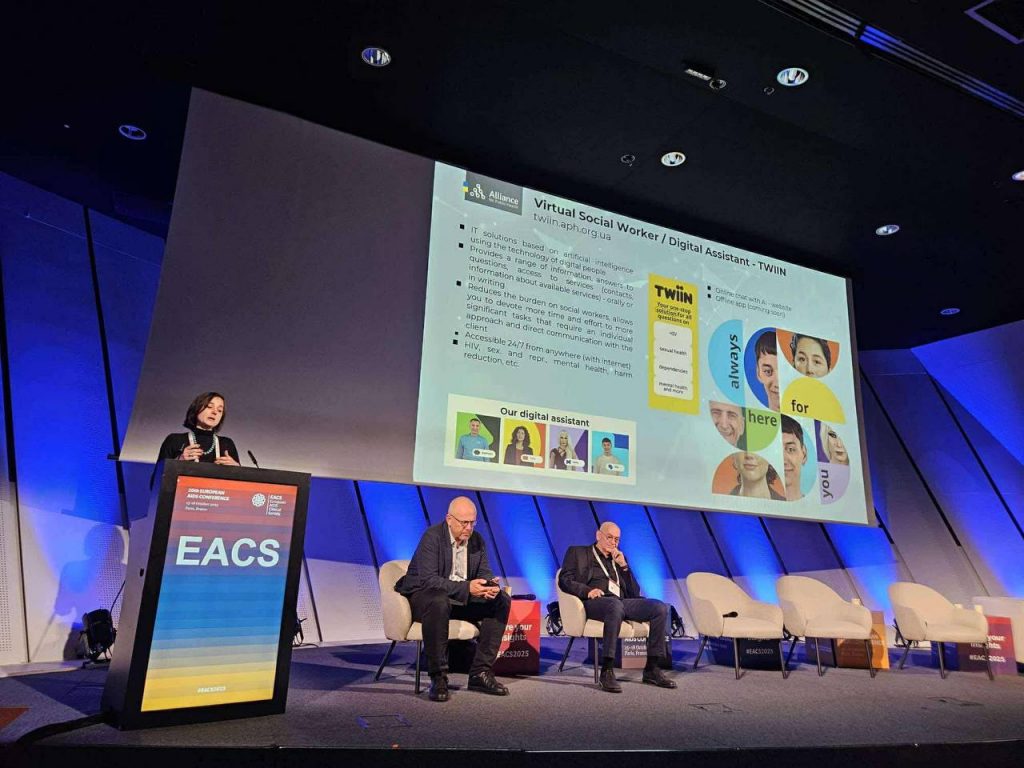
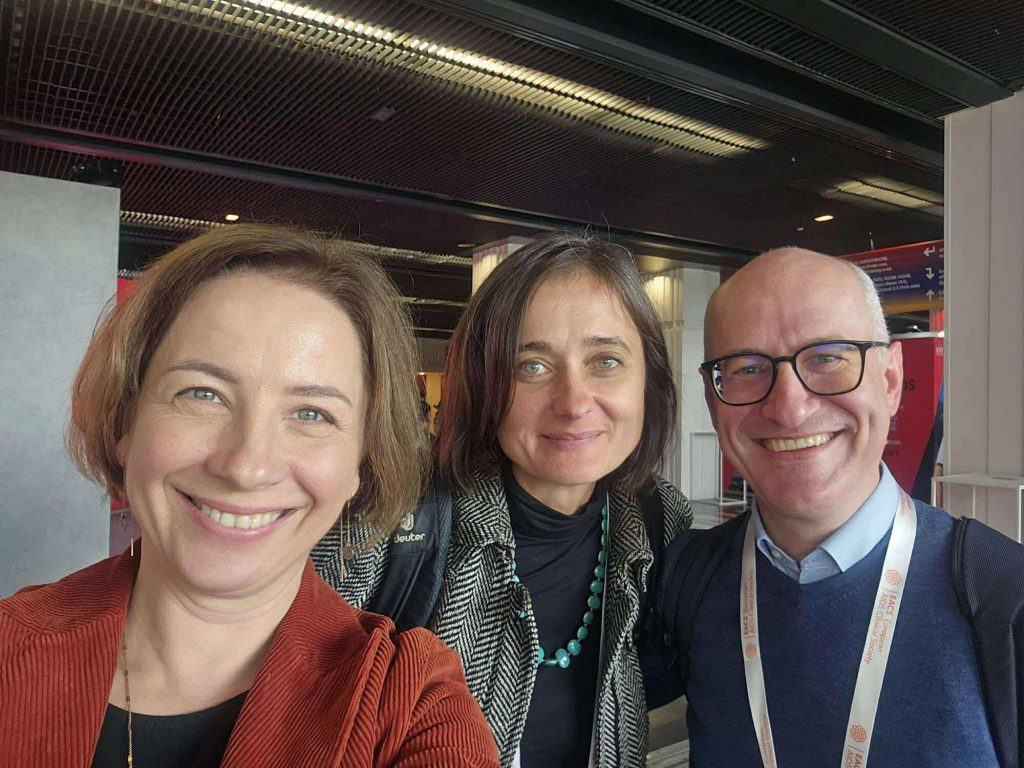
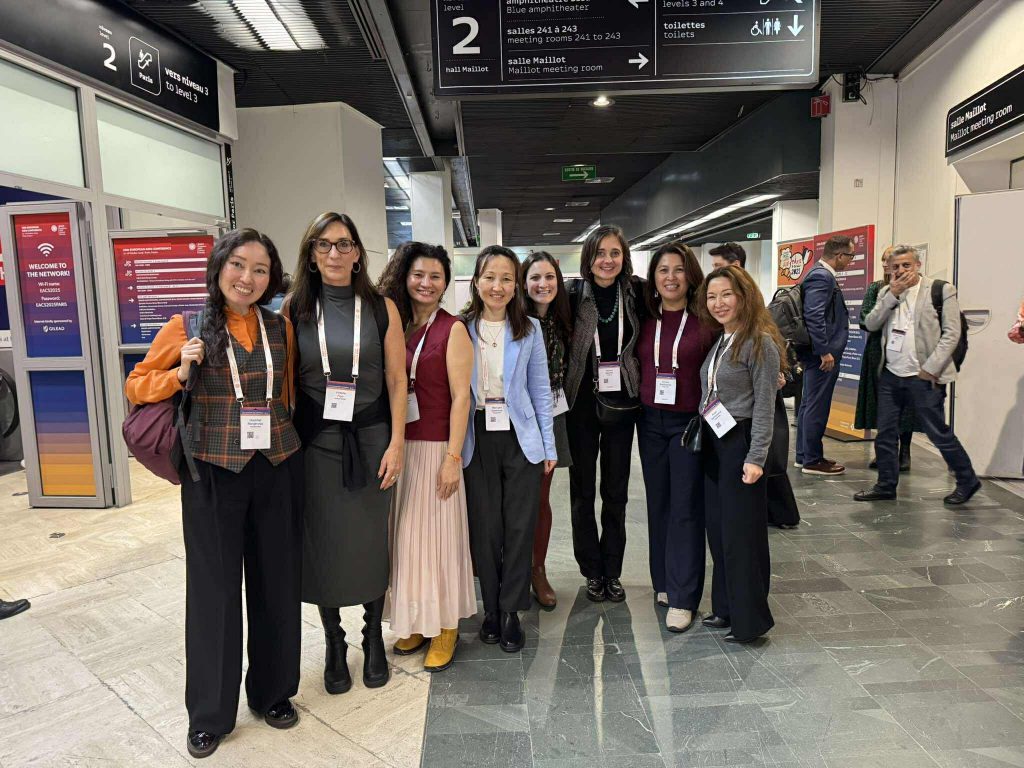

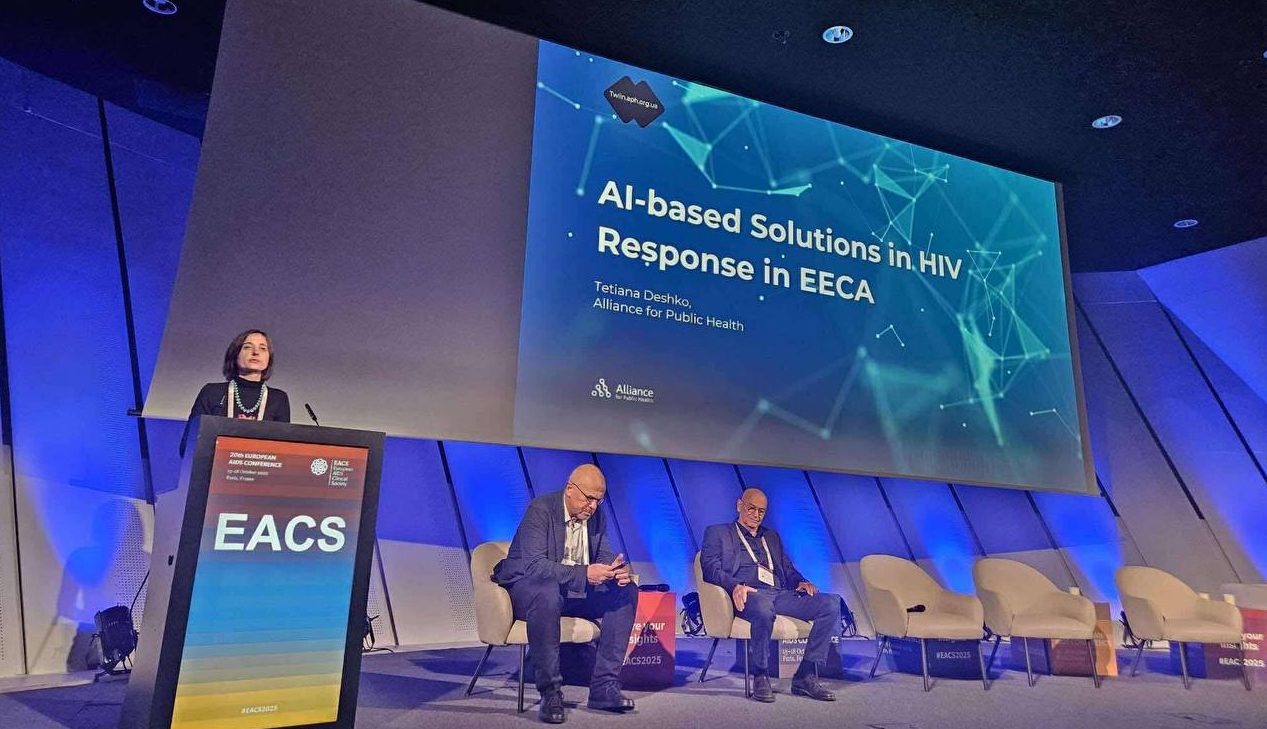
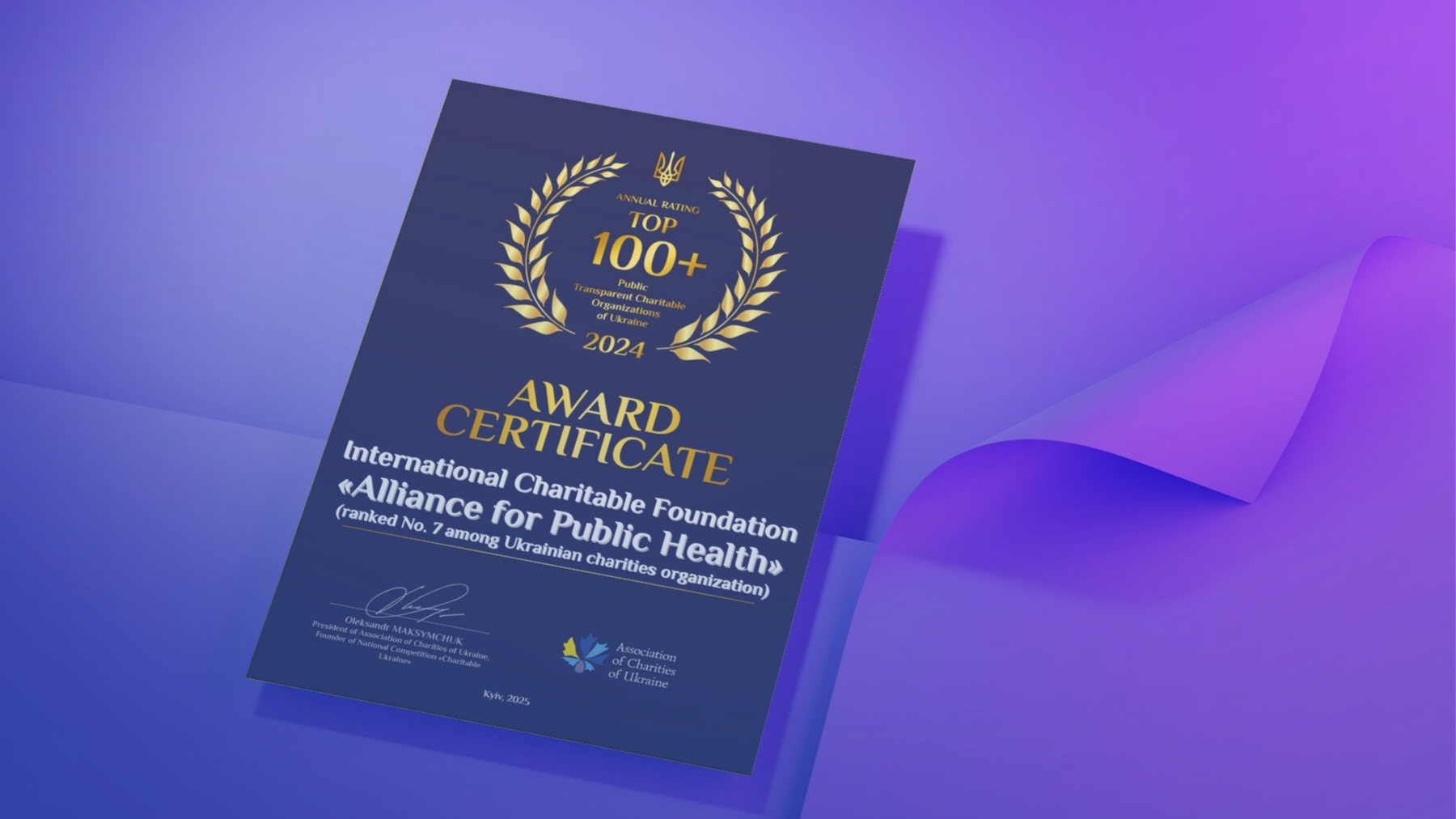

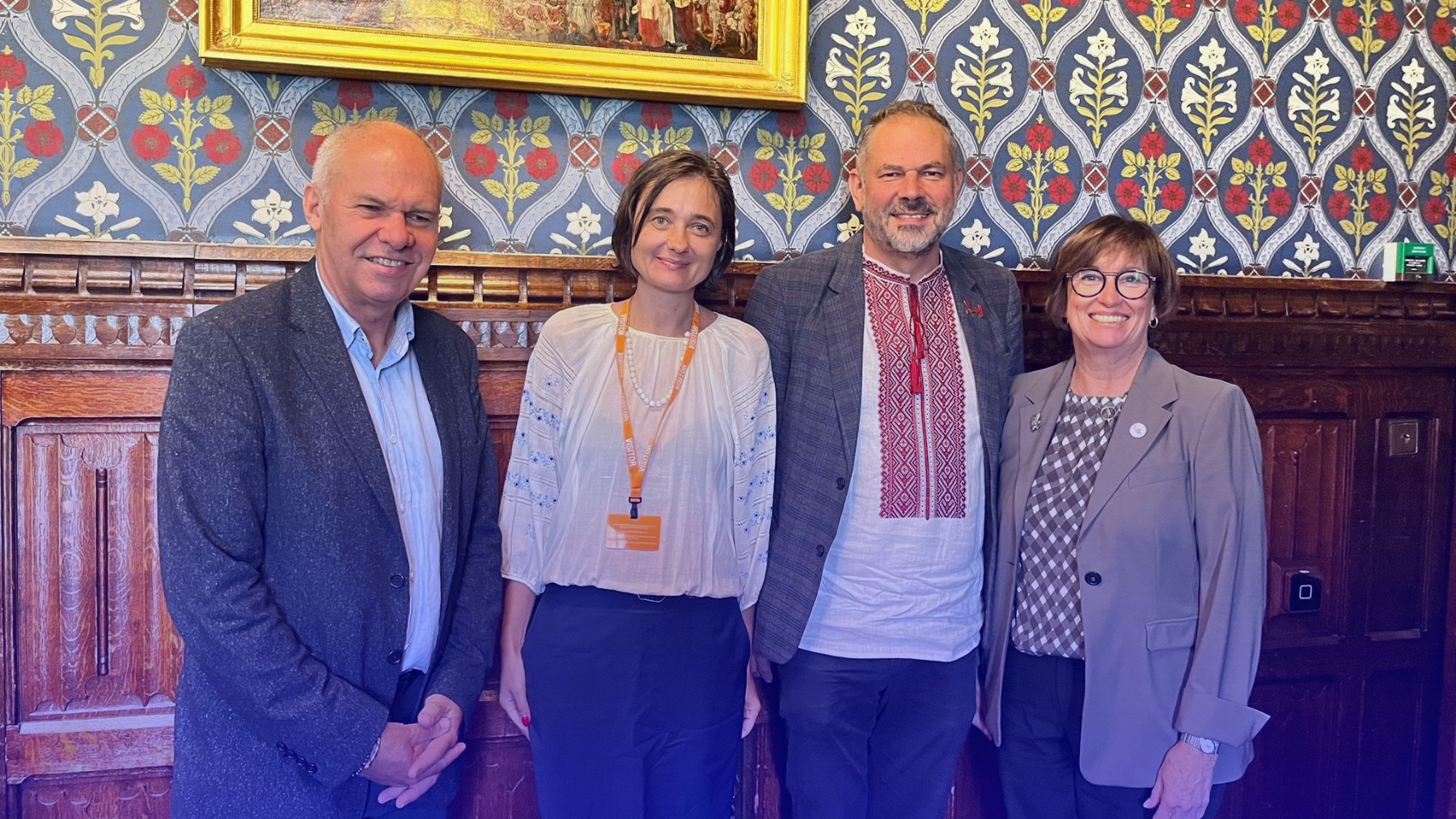
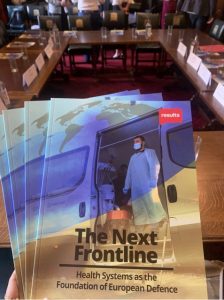
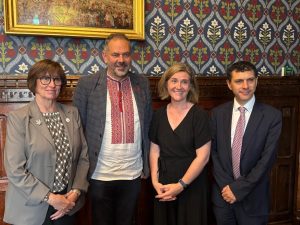
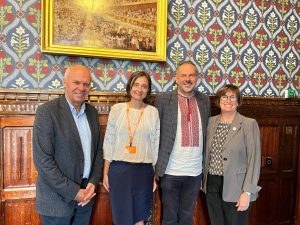
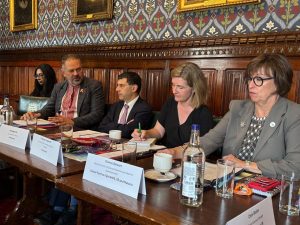
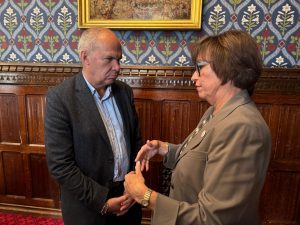
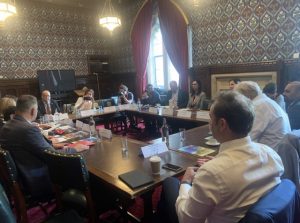
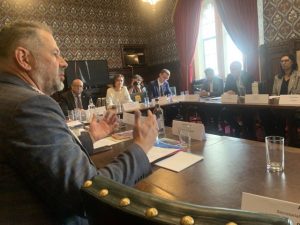
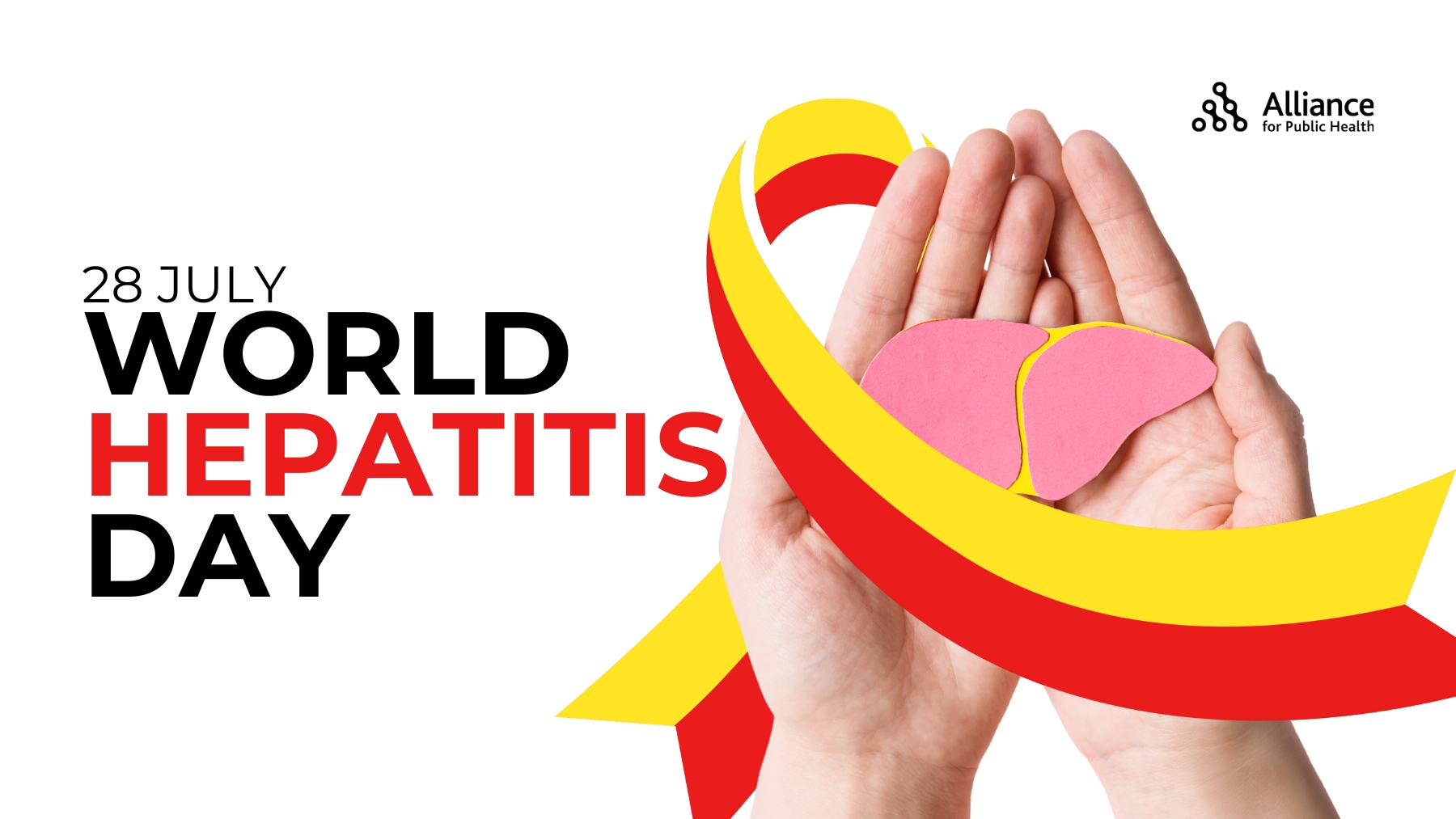
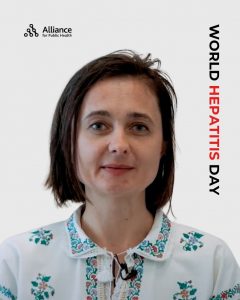 Alliance for Public Health, emphasises:
Alliance for Public Health, emphasises: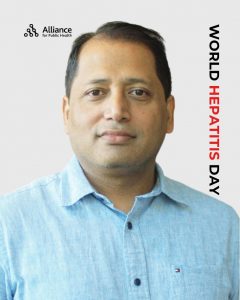 management department, Alliance for Public Health notes:
management department, Alliance for Public Health notes: